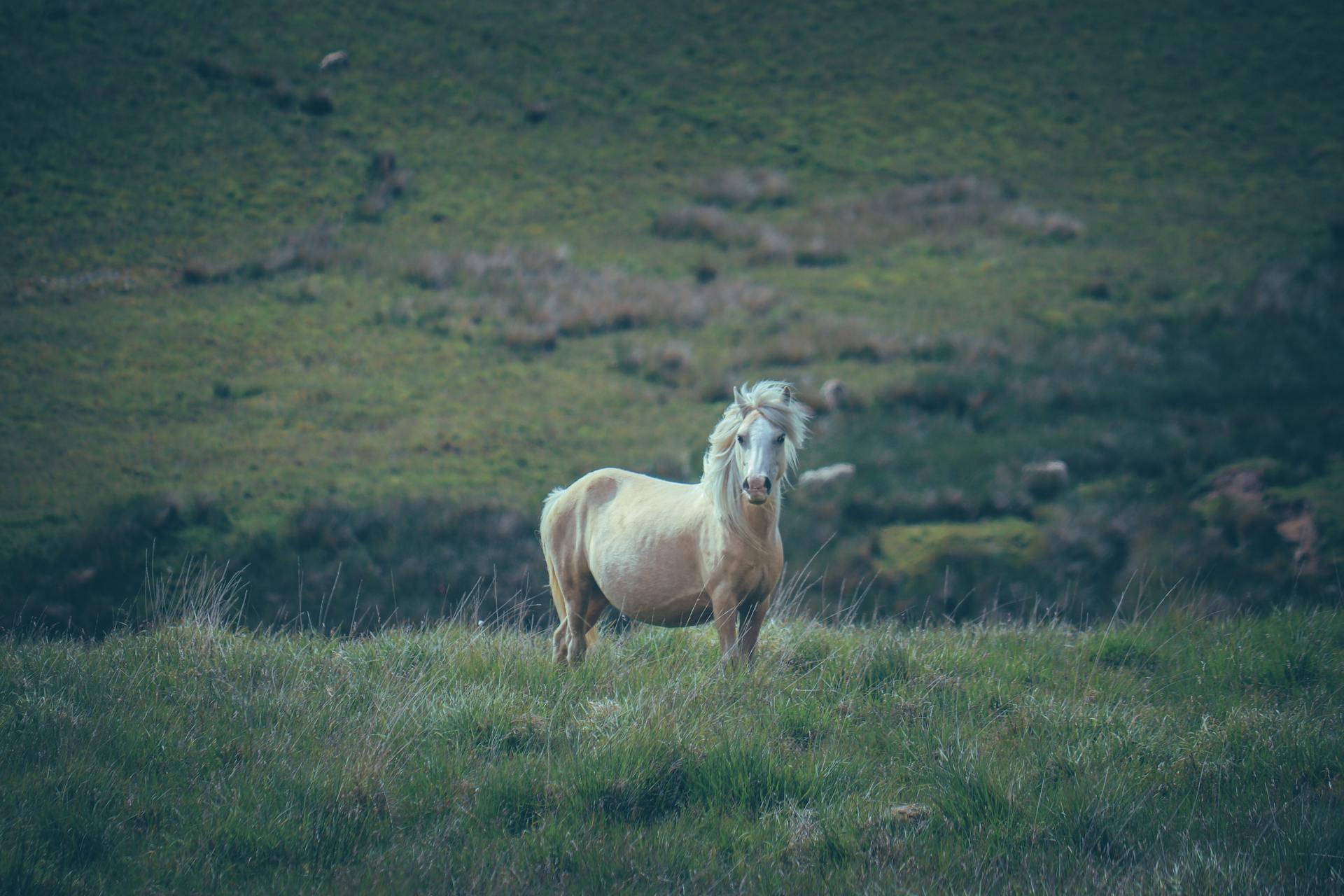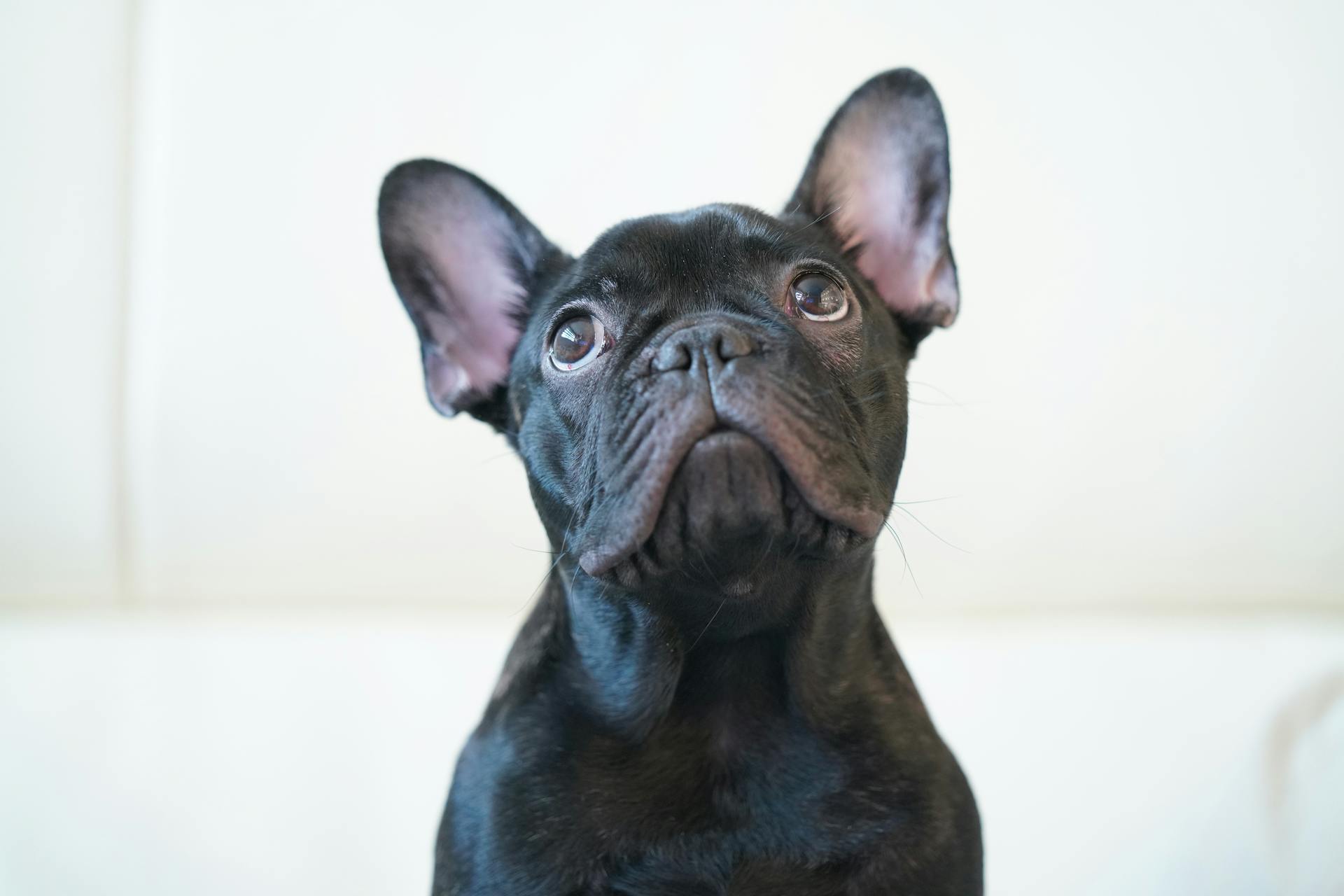
Neem oil is an age-old remedy that has been used in India for centuries. The neem tree is a tropical evergreen tree found in India, and the oil is derived from its seeds. Neem oil has a strong, pungent smell that many animals and insects find offensive. For this reason, it is often used as a natural repellent.
Rabbits are a common pest in many gardens and yards. They are known to eat a variety of plants, including vegetables, flowers, and fruit. They can also cause significant damage to lawns by digging holes and eating the grass. While there are a number of commercial repellents available, many of them contain harmful chemicals. Neem oil is a safe, natural alternative that can be used to repel rabbits.
When applied to plants, neem oil creates a barrier that rabbits find unpleasant. The strong smell of the oil is off-putting to them, and they will avoid areas that have been treated with it. Neem oil is safe to use around children and pets, and it will not harm the plants it is applied to.
To use neem oil as a repellent, simply combine one part oil with ten parts water in a spray bottle. Shake well and then apply to the affected areas. Reapply as necessary. You can also apply neem oil to a cotton ball and place it in areas where rabbits are a problem. The oil will evaporate over time, so be sure to check and reapply as needed.
While neem oil is an effective repellent, it is important to remember that it will not kill rabbits. If you are dealing with a severe infestation, you may need to resort to more drastic measures. However, for smaller problems, neem oil is a safe and effective way to keep rabbits out of your garden.
Readers also liked: Peppermint Oil
What is neem oil?
Neem is a fast-growing tree in the mahogany family that is native to the Indian subcontinent. The neem tree is drought-resistant and can grow up to 20 meters in height. The leaves are broad and ovate, and the flowers are small and white. The fruit is a smooth, oval drupe that contains a single seed.
The neem tree has been used in traditional medicine in the Indian subcontinent for centuries. The leaves are used to make a paste that is applied to the skin to treat acne, wounds, and other skin conditions. The seeds can be ground into a powder that is used to treat fevers, headaches, and stomach disorders. The oil extracted from the seeds is used as an insecticide and as a treatment for dandruff and other scalp conditions.
Neem oil is a natural, yellow-colored oil that is extracted from the seeds of the neem tree. It has a strong, unpleasant smell and is very bitter. Neem oil is used as an insecticide and as a treatment for skin conditions such as acne, psoriasis, and eczema. It is also effective against dandruff and lice. Neem oil is safe for humans and animals, but it can be toxic to fish and other aquatic creatures.
For your interest: Horse Oil
What does neem oil do?
Neem oil is a vegetable oil pressed from the fruits and seeds of the neem tree, Azadirachta indica. It is an important component of Indian traditional medicine and has a wide range of medicinal and insecticidal properties. Neem oil is used in a number of commercial products, including insecticide, herbicide, fungicide, and shampoo.
The insecticidal properties of neem oil are well-known and have been used for centuries in India and other parts of Asia to control pests. Neem oil works by disrupting the life cycle of insects and prevents them from feeding or reproducing. It is effective against a wide range of insects, including mosquitoes, cockroaches, flies, moths, ants, and fleas.
The use of neem oil as an insecticide is not new. It has been used in India for over 2000 years and is mentioned in the ancient Indian texts of Charaka Samhita and Sushruta Samhita. In recent years, neem oil has been increasingly used in the United States as an alternative to chemical pesticides.
Neem oil is also used as a Natural herbicide. It can be used to control a wide variety of weeds, including common garden weeds such as dandelion, chickweed, and thistle.
In addition to its use as an insecticide and herbicide, neem oil has a wide range of other uses. It is commonly used in Ayurvedic medicine and is said to have antifungal, antibacterial, and antiviral properties. Neem oil is also used in cosmetics and as a natural insect repellent.
How does neem oil work?
Neem oil is a natural oil obtained from the seeds and fruits of the neem tree (Azadirachta indica). It has been used in traditional medicine in India for over 4000 years. Neem oil is a potent antibacterial, antifungal, and anti-inflammatory agent. It is also effective in treating acne, eczema, psoriasis, and other skin conditions. Neem oil works by inhibiting the growth of bacteria, fungi, and viruses. It also decreases inflammation and promotes healing.
Is neem oil safe for rabbits?
There is no definitive answer to this question as neem oil can be both safe and harmful to rabbits, depending on how it is used. Neem oil is derived from the seeds of the neem tree and has been used for centuries in traditional Indian medicine. It contains a number of compounds, including azadirachtin, which is the main active ingredient. Azadirachtin can be toxic to rabbits if ingested in large quantities, but is generally considered safe when used topically in small amounts.
When used topically, neem oil can be effective in treating a number of conditions, such as mange, ringworm, and ear mites. It can also help to repel insects and soothe irritated skin. However, as with any topical application, there is a risk of the oil being absorbed into the bloodstream and causing adverse effects. For this reason, it is important to only use a small amount of neem oil and to avoid applying it near the eyes, nose, or mouth. If you are concerned about the safety of using neem oil on your rabbit, you can speak to your veterinarian for advice.
Consider reading: When to Take Your Rabbit to the Vet?
How do you apply neem oil?
Neem oil is an all-natural, non-toxic product that can be used to control a number of different pests. It is extracted from the neem tree, and has been used in India for centuries to control pests and diseases. Neem oil is effective against a wide range of insects, including beetles, caterpillars, and mites. It can also be used to control fungal diseases, such as powdery mildew and black spot. Neem oil is safe to use on most plants, and will not harm beneficial insects, such as bees and ladybugs. Neem oil can be purchased from most garden centers or online retailers. To use neem oil, mix it with water according to the manufacturer's instructions. Apply it to the affected plant, making sure to cover the underside of the leaves. Repeat the application every 7-14 days, as needed.
How often should you apply neem oil?
There is no definitive answer to this question as it depends on a number of factors, including the severity of the infestation, the type of pests, and the climate. However, as a general rule of thumb, it is recommended to apply neem oil every 7-14 days.
Will neem oil keep rabbits away?
Rabbits can be a real nuisance in the garden, eating everything in sight. Neem oil is a natural, environmentally friendly way to keep rabbits away. Neem oil is made from the seeds of the neem tree and has a strong, pungent smell. When applied to plants, it acts as a natural insecticide, repelling rabbits and other pests.
Rabbits are generally timid creatures and will avoid areas where there is a strong odor. Neem oil can be applied directly to plants or diluted and sprayed around the garden. If you're worried about harming the plants, you can also try soaking some cotton balls in neem oil and placing them around the garden.
While neem oil is effective at keeping rabbits away, it needs to be reapplied regularly, especially after rain or irrigation. This natural method is safe for both humans and animals, so it's worth a try if you're looking for a way to keep rabbits out of your garden.
Curious to learn more? Check out: How Do I Keep Mosquitoes off My Rabbits?
How long does neem oil last?
Neem oil is a renewable resource because it is derived from the neem tree, which is grown and cultivated in many tropical regions around the world. The tree's oil-bearing seeds are usually hand-harvested, and the oil is then extracted using a cold-press process. Neem oil has a wide variety of uses, including as a natural insecticide and repellent. Because neem oil is a natural product, it breaks down relatively quickly, meaning that it does not last as long as some synthetic pesticides.
The average shelf life of neem oil is about one to two years, although it can last longer if it is stored in a cool, dark place. Once opened, neem oil should be used within six months. To prolong the shelf life of neem oil, it is best to buy it in small quantities and only as needed.
While neem oil is generally considered safe, it can cause skin irritation in some people. It is always best to test a small area of skin before using neem oil products liberally. If irritation does occur, discontinue use and wash the area with soap and water.
See what others are reading: What Is the Best Brush for a Rabbit?
What are the side effects of neem oil?
Although neem oil is generally safe, it can cause side effects in some people. The most common side effects are gastrointestinal in nature, and can include nausea, vomiting, and diarrhea. It can also cause skin irritation, especially if it is not diluted properly. In rare cases, neem oil can cause more serious side effects, such as liver damage, seizures, and coma. If you experience any side effects after using neem oil, stop using it and seek medical attention.
Frequently Asked Questions
Do herbs repel rabbits?
While not everyone agrees that these plants truly repel rabbits, many people have found that they tend to avoid plants in the vicinity of these 13 herbs when planted in their garden. If you want to enjoy Rabbit-free Harvesting this fall, try planting some of these herbs near your garden!
Does neem oil repel pests?
Yes, the oil has a detergent-like effect that can repel many pests.
Does neem oil kill ladybugs?
It's unlikely that neem oil will kill ladybugs, as they feast on other bugs and not plant foliage. However, if you're trying to control a certain type of ladybug or predatory insect, then adding neem oil may be beneficial.
What scent keeps rabbits away?
Alyssum and marigolds are popular flowers that gardeners plant to keep rabbits away. Planting these flowers around the perimeter of a space may deter rabbits from accessing plants.
Do plants repel rabbits?
Yes, different plants will repel different types of animals. Some plants taste bad to rabbits and others smell bad.
Sources
- https://supplements.selfdecode.com/blog/what-is-neem-oil-is-it-safe-how-to-use/
- https://livedan330.com/2015/02/11/keep-rabbits-out-of-garden-using-essential-oils/
- https://www.youtube.com/watch
- https://www.saferbrand.com/articles/benefits-uses-neem-oil-for-plants
- https://backyardgardengeek.com/what-bugs-does-neem-oil-repel-and-get-rid-of/
- https://www.healthline.com/health/neem-oil-for-skin
- http://npic.orst.edu/factsheets/neemgen.html
- https://www.discoverneem.com/neem-repellent.html
- https://www.reddit.com/r/Rabbits/comments/34zd7p/neem_oil_on_garden_herbs_for_rabbits_safe/
- https://enviromom.com/what-is-neem-oil/
- https://www.neem-oil.co.uk/how-does-neem-oil-work-as-a-pesticide/
- https://pestpointers.com/scents-that-rabbits-hate-and-how-to-use-them/
- https://knowledgeburrow.com/how-does-neem-oil-extract-work/
- https://www.paulaschoice.fr/en/neem-oil/ingredient-neem-oil.html
- https://www.bunspace.com/forum/thread
Featured Images: pexels.com


